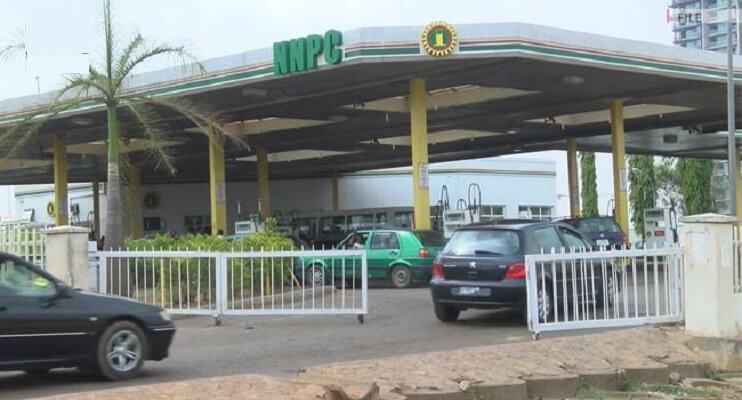The Financial Paradox of NNPC: Profits Amidst Debt
By Abayomi Odunowo Wednesday 4th September 2024.
In an astonishing twist of financial fate, the Nigerian National Petroleum Corporation (NNPC) has attracted widespread attention for owing importers a staggering $6 billion, yet, paradoxically, has managed to declare profits in the trillions of Naira. This puzzling scenario raises significant questions about the state of Nigeria’s oil industry, the mechanisms through which NNPC operates, and the broader implications for the Nigerian economy. As the largest oil producer in Africa, NNPC’s financial practices not only reflect its operational strategies but also underscore a deeper issue woven into the fabric of the Nigerian economy—poor financial management, lack of transparency, and systemic inefficiencies.
One might wonder how it is possible for a corporation to owe such a hefty sum to its importers while simultaneously reporting profits that number in the trillions. The intricacies of oil pricing, currency fluctuations, and internal financial practices come into play. However, the situation becomes more surreal when we consider the prevalent issues in the Nigerian oil sector: Nigeria’s dependency on imported refined petroleum products, the whimsical nature of fuel subsidies, and the significant devaluation of the Naira against the U.S. dollar.
This financial conundrum evokes a sense of agitated curiosity. How is it that an entity can maintain the façade of profitability while drowning in debt? For many Nigerians, this duality is not merely a math problem; it is emblematic of a deeper malaise within the country’s economy.
To break down the layers of this issue, one must consider NNPC’s reliance on international suppliers for refined products. Nigeria is rich in crude oil resources, yet continues to grapple with insufficient domestic refining capacity. This situation leads to substantial importation costs, creating immense pressure on the corporation’s cash flow. When one heaps on the burdens of a $6 billion debt, questions about fiscal responsibility loom large.
Moreover, the discrepancies in reporting profits—given the external debts—signal a potential scenario where profits are artificially inflated. For example, if the reported profits rely on projections rather than actual cash availability, stakeholders are left questioning the authenticity of the figures. Furthermore, rampant corruption, rampant graft, and inconsistent policy implementation complicate matters, making accountability a distant dream. One must ask, is this a case of financial wizardry or simply a smoke-and-mirror act designed to obscure a deepening crisis?
There is no denying that the financial display by NNPC is perplexing, but digging deeper reveals that much of this ‘wizardry’ can also be attributed to legal and structural loopholes exploited within the financial framework of the Nigerian oil sector.
It’s feasible that NNPC has mastered the art of using creative accounting practices to present a more favorable financial picture. Revenue recognition can be manipulated, as seen in the practice of deferring liabilities while prematurely recognizing revenues. By postponing the realization of debts, NNPC can claim impressive profits, even while neglecting its substantial obligations to international suppliers.
Another contributing factor might be the government’s backing. With NNPC being a state-owned entity, the financial losses and debts can, at times, be offset by budgetary support and interventions from the government, enabling NNPC to report profitability despite its debts. This relationship can sometimes create the illusion of solvency and growth, masking operational inefficiencies and financial mismanagement.
However, this cycle of deception cannot continue without dire consequences. The financial journey of NNPC must move towards transparency and accountability to safeguard the interests of stakeholders—ranging from local communities to international investors. For a healthier economy, structural reforms need to be prioritized, focusing on improving local refining capacity, reducing dependency on imports, and implementing stringent anti-corruption measures.
The situation with NNPC raises important questions about the integrity of financial reporting and the long-term sustainability of the corporation and, by extension, the Nigerian economy as a whole. The allure of impressive profit figures must not overshadow the looming issues of debt and corruption. For Nigeria to unlock its true economic potential, a recalibration towards genuine transparency and accountability in the oil sector is imperative. Only through a commitment to ethical practices and fiscal responsibility can NNPC hope to reconcile its love affair with profit and the reality of its debts.
Otunba Abdulfalil Abayomi Odunowo
National Chairman AATSG.
Mobile: +2349053535322
Wednesday 4th September 2024.



